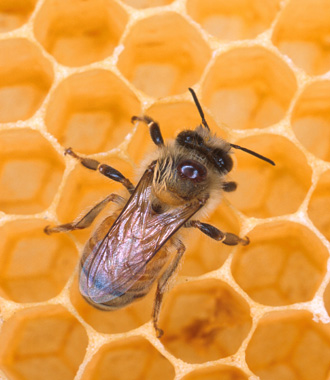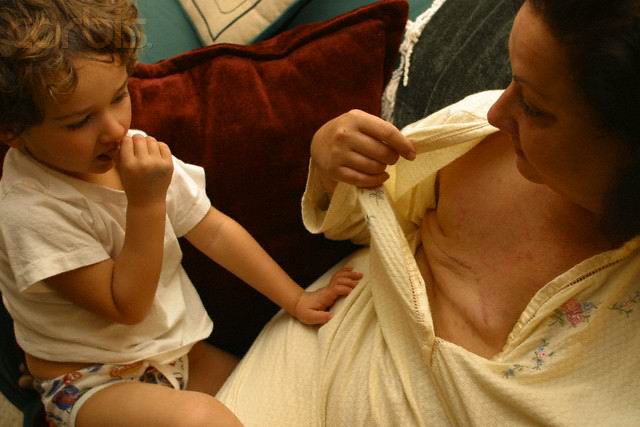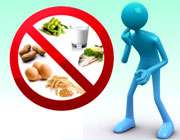When a person has a food allergy, the body reacts as though that particular food product is harmful. As a result, the body’s immune system (which fights infection and disease) creates antibodies to fight the food that triggers the allergy. The next time a person comes in contact with that food by touching or eating it or inhaling its particles, the body releases chemicals, including one called histamine, to protect itself. These chemicals trigger allergic symptoms that can affect the respiratory system, gastrointestinal tract, skin, or cardiovascular system.
What Causes food Allergies?
Doctors cannot predict which children will have food allergies and which children won’t, but some factors may place a child at higher risk for developing food allergies. “The capacity to be an allergic person is inherited,” says Michael Young, MD, a pediatric allergist and immunologist and author of ‘The Peanut Allergy Answer Book’.
There is nothing parents can do that will completely eliminate the possibility that their child will develop food allergies. However, breast-feeding (especially exclusive breast-feeding that is not supplemented with infant formula) can help infants who are especially prone to milk or soy allergies avoid allergic reactions. When an infant consumes only breast milk, she has a decreased exposure to foods that can cause allergies. Some doctors also recommend that allergy-prone babies not be fed solid foods until six months of age or later to avoid exposure to allergenic foods.











